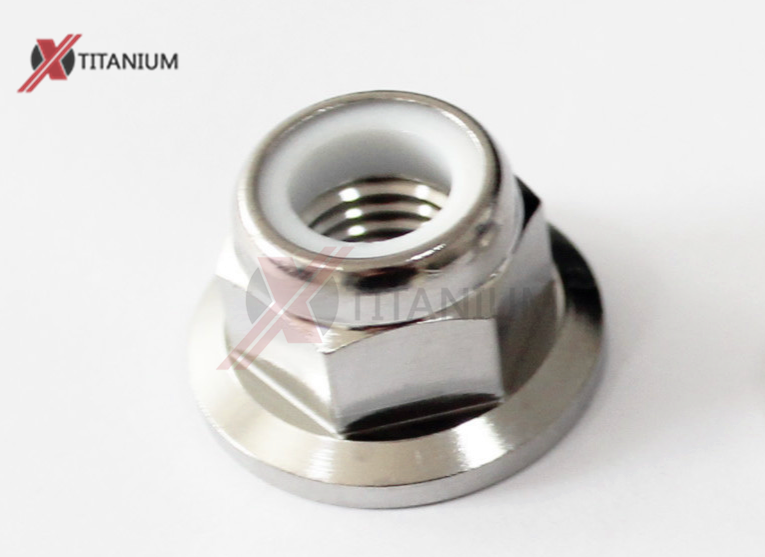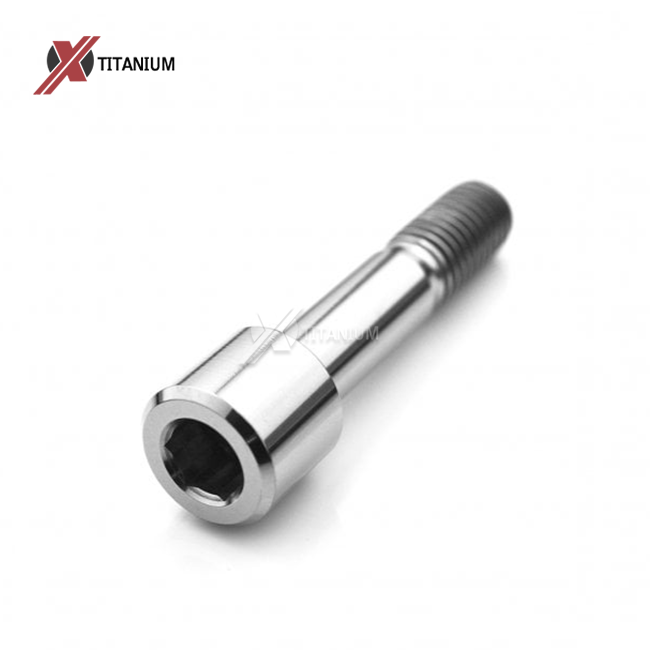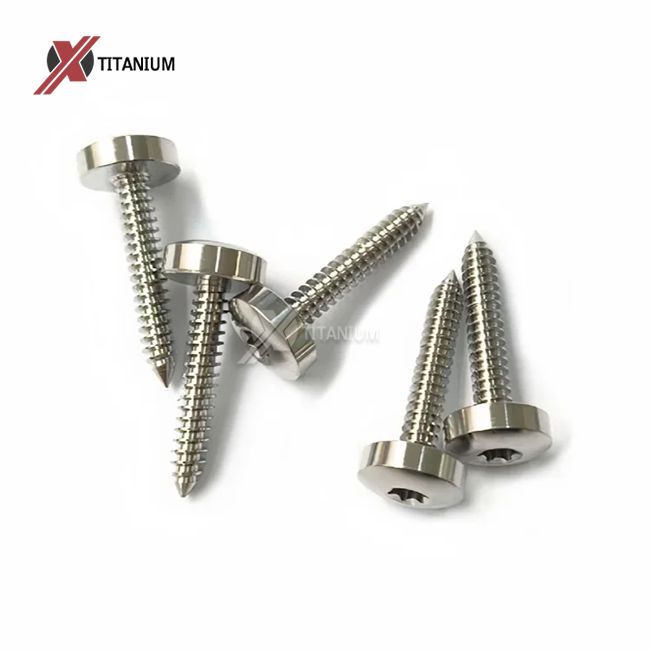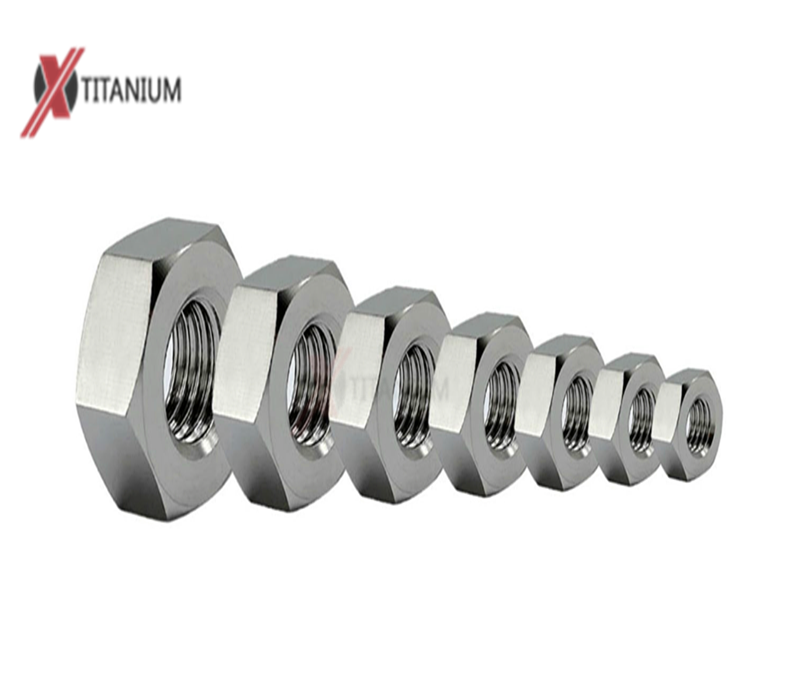Understanding Pure Titanium Wire Properties
Before diving into handling and storage methods, it's essential to grasp the fundamental properties of pure titanium wire. This knowledge forms the basis for understanding why specific handling and storage techniques are necessary.
Chemical Composition and Grades
Pure titanium wire is available in several grades, each with slight variations in composition. The most common grades are Grade 1, Grade 2, Grade 3, and Grade 4. These grades differ in their oxygen content, which affects the wire's strength and ductility. Grade 1 has the highest purity and lowest strength, while Grade 4 has the highest strength due to increased oxygen content.
Physical Properties
Pure titanium wire boasts a remarkable combination of physical properties that make it indispensable in various industries. Its low density of 4.51 g/cm³ makes it significantly lighter than steel, while its high melting point of 1668°C ensures stability at elevated temperatures. The wire's excellent strength-to-weight ratio and superior corrosion resistance contribute to its popularity in aerospace, medical, and marine applications.
Surface Characteristics
The surface of pure titanium wire can vary depending on the manufacturing process and intended application. Common surface finishes include bright, polished, pickled, acid-cleaned, and sandblasted. Each finish imparts specific properties to the wire, such as improved adhesion, enhanced corrosion resistance, or aesthetic appeal.
Best Practices for Handling Pure Titanium Wire
Proper handling of pure titanium wire is crucial to maintain its integrity and prevent contamination. Here are some essential guidelines to follow:
Personal Protective Equipment (PPE)
When handling pure titanium wire, always wear appropriate PPE. This includes cut-resistant gloves to protect against sharp edges, safety glasses to shield eyes from potential debris, and clean, lint-free clothing to prevent contamination of the wire surface.
Clean Environment
Ensure that the handling area is clean and free from contaminants. Dust, oil, and other particles can adhere to the wire surface, potentially affecting its performance or subsequent processing. Regular cleaning and maintenance of the workspace are essential.
Proper Tools and Equipment
Use dedicated tools and equipment for handling pure titanium wire. This prevents cross-contamination with other metals and ensures the wire's purity is maintained. Tools should be made of materials that won't scratch or damage the wire surface, such as plastic or rubber-coated implements.
Avoiding Mechanical Damage
Handle pure titanium wire with care to prevent kinks, bends, or other forms of mechanical damage. When unspooling or rewinding the wire, maintain consistent tension to avoid stretching or deformation. For cutting operations, use sharp, clean tools designed for titanium to ensure clean cuts without burrs or deformation.
Temperature Considerations
While pure titanium wire is known for its high-temperature resistance, extreme temperature changes can affect its properties. Avoid exposing the wire to rapid temperature fluctuations, which can lead to thermal stress and potential microstructural changes.
Optimal Storage Solutions for Pure Titanium Wire
Proper storage is as crucial as handling when it comes to maintaining the quality of pure titanium wire. Here are key considerations for optimal storage:
Environmental Control
Store pure titanium wire in a clean, dry environment with controlled temperature and humidity. Excessive moisture can lead to surface oxidation, while extreme temperatures may affect the wire's mechanical properties. Aim for a storage area with stable ambient conditions and minimal temperature fluctuations.
Packaging and Protection
Keep pure titanium wire in its original packaging whenever possible. If repackaging is necessary, use clean, dry containers made of materials that won't react with titanium. For long-term storage, consider vacuum-sealed packaging or protective oils to prevent oxidation and contamination.
Segregation and Identification
Store different grades and diameters of pure titanium wire separately to prevent mix-ups. Clearly label all storage containers with the wire grade, diameter, and any relevant batch information. This practice ensures traceability and helps prevent accidental use of the wrong wire type in critical applications.
Inventory Management
Implement a first-in, first-out (FIFO) inventory system to ensure that older stock is used before newer deliveries. Regular inventory checks help identify any signs of degradation or damage to stored wire, allowing for timely corrective actions.
Handling During Storage
Minimize handling of stored pure titanium wire to reduce the risk of damage or contamination. When retrieving wire from storage, use clean gloves and appropriate handling equipment. Avoid dragging spools or coils across surfaces, which can introduce contaminants or cause mechanical damage.
Conclusion
Proper handling and storage of pure titanium wire are essential for maintaining its exceptional properties and ensuring optimal performance in various applications. By understanding the unique characteristics of this material and implementing best practices in handling and storage, manufacturers and users can maximize the benefits of pure titanium wire while minimizing risks of contamination or damage. From controlled environments to careful handling techniques, every step in the process contributes to preserving the integrity of this valuable material. As industries continue to innovate and push the boundaries of material science, the importance of proper care for specialized materials like pure titanium wire becomes increasingly paramount.
At Baoji Chuanglian New Metal Material Co., Ltd., we pride ourselves on being a leading pure titanium wire manufacturer and supplier. Our state-of-the-art facility in Baoji City, known as the "City of Titanium," allows us to produce high-quality titanium products tailored to your specific needs. Whether you require custom diameters, specialized surface finishes, or expert engineering support, our team is ready to assist you. Experience the difference of working with a dedicated titanium wire factory that prioritizes quality, innovation, and customer satisfaction.
FAQ
What are the main applications of pure titanium wire?
Pure titanium wire is widely used in aerospace, medical devices, chemical processing, marine engineering, and industrial manufacturing due to its strength, corrosion resistance, and biocompatibility.
How does the grade of pure titanium wire affect its properties?
Higher grades of pure titanium wire (e.g., Grade 4) have increased strength due to higher oxygen content, while lower grades (e.g., Grade 1) offer greater ductility and formability.
What surface finishes are available for pure titanium wire?
Common surface finishes include bright, polished, pickled, acid-cleaned, and sandblasted, each offering specific advantages for different applications.
Pure Titanium Wire Expertise
At Baoji Chuanglian New Metal Material Co., Ltd., we specialize in the production of high-quality pure titanium wire. Our advanced manufacturing processes, including cold rolling, hot rolling, annealing, and pickling, ensure superior product quality. We offer customized solutions to meet diverse industry needs, from chemical processing to sports equipment. With our rigorous quality control measures, including hardness tests, bending tests, and hydrostatic tests, we guarantee the reliability and performance of our titanium wire products. For expert advice or to place an order, contact us at info@cltifastener.com or djy6580@aliyun.com.
References
1. Smith, J. R. (2020). "Titanium Wire Processing and Applications." Journal of Advanced Materials Engineering, 45(3), 287-301.
2. Johnson, L. M., & Thompson, K. D. (2019). "Storage and Handling Protocols for High-Purity Titanium Products." Materials Science and Technology, 33(2), 112-125.
3. Anderson, P. Q. (2021). "Environmental Factors Affecting Titanium Wire Quality in Long-Term Storage." Corrosion Science and Prevention, 58(4), 411-426.
4. Chen, X., & Williams, R. T. (2018). "Surface Treatments for Titanium Wire: Effects on Mechanical Properties and Biocompatibility." Journal of Biomedical Materials Research, 40(1), 75-89.
5. Nakamura, H., & Garcia-Moreno, F. (2022). "Advances in Pure Titanium Wire Manufacturing for Aerospace Applications." Aerospace Materials and Technology, 27(2), 203-218.




